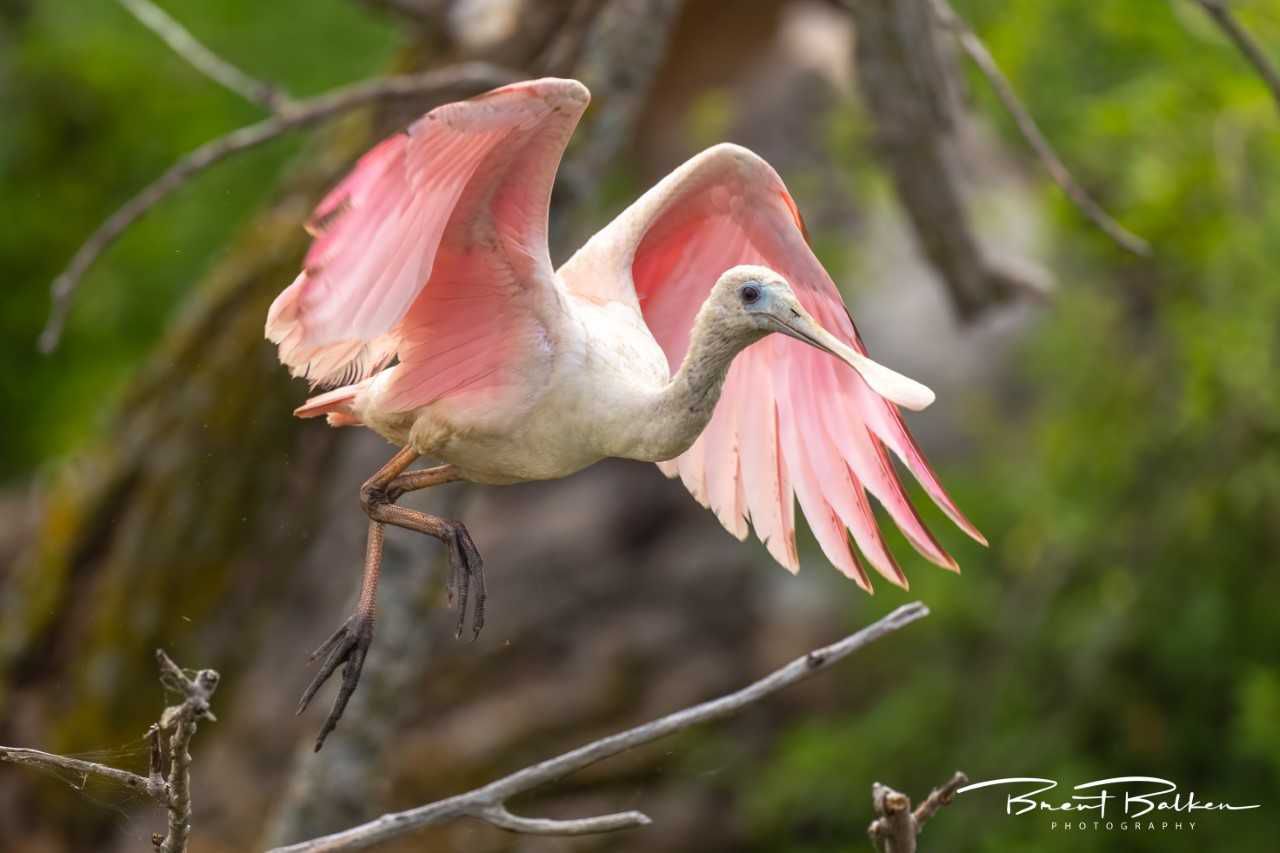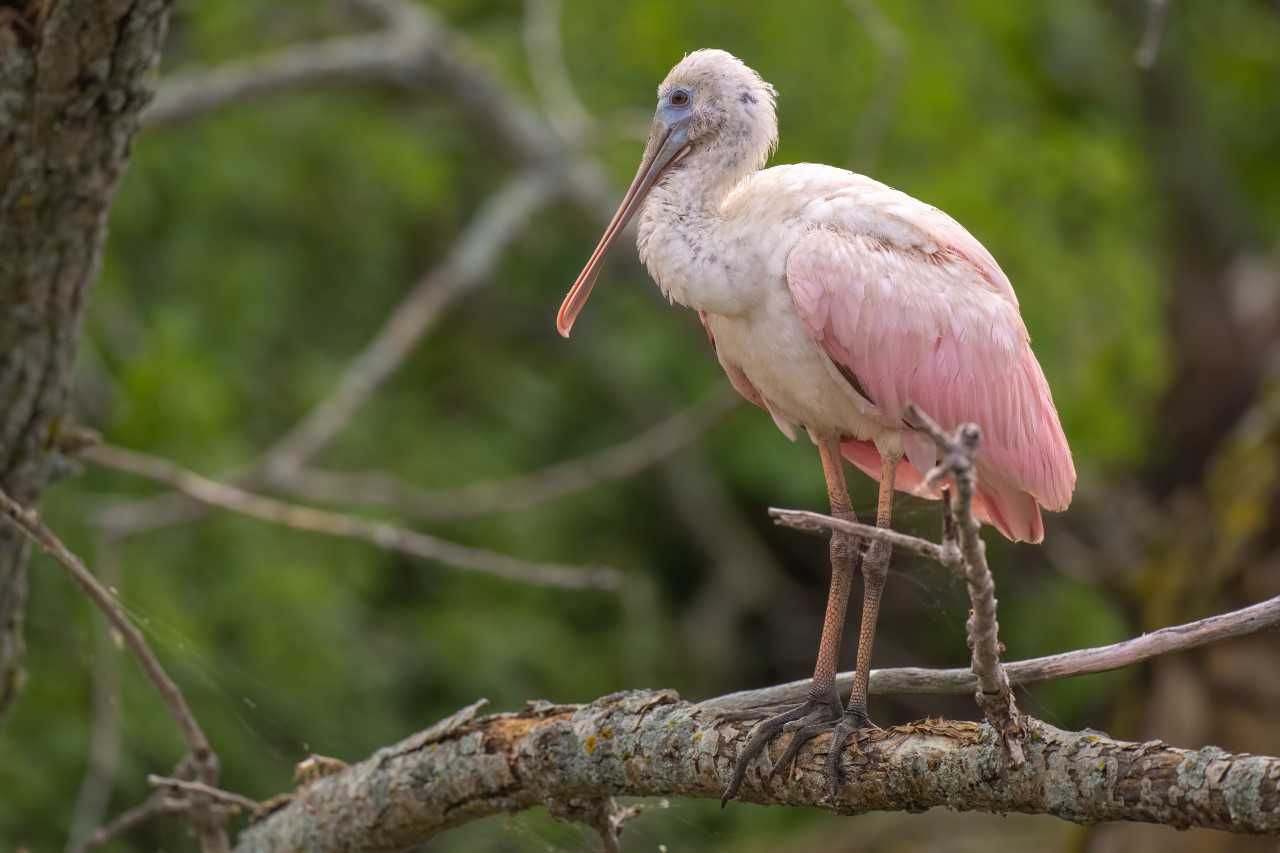GREEN BAY, Wis. — Many bird lovers are calling it a “once-in-a-lifetime” event.
The year 1845 saw the last documented sighting of the roseate spoonbill in Wisconsin. It's been 178 years.

More common in southern states, the pink-shaded spoonbill is drawing outdoor enthusiasts to a Green Bay wetlands area, hoping to catch a glimpse and picture of the rare bird.
“I definitely try to go after some of these type of sightings because I may never see it again,” wildlife photographer Brent Balken said. “I heard about 178 years, so the chances are pretty slim that we’re going to see it happen again.”
Those observing the bird believe it to be a juvenile, and some think it may have migrated north with pelicans or egrets.
Balken said he looks for the best shot with the best lighting.
“I’m always thinking about that shot that potentially could come,” he said. “Some days I’m out there and I never get it because it goes the other direction.”
The bird is pink and resembles a football on short stilts. Six types of spoonbills are found around the world but only the roseate is present in North America. It’s usually found in Gulf Coast states, and Central and South America.

It’s unclear how this bird reached Green Bay. Birders and scientists theorize it may have simply gotten lost or blown off course by a storm. Climate change and loss of habitat also are forcing birds north.
Tom Prestby, Wisconsin conservation manager at Audubon Great Lakes, which works to protect birds across the region, told Wisconsin Public Radio that the bird headed to Escanaba, Michigan, after landing in Green Bay on July 26, but that it returned to Green Bay on Saturday. He said he believes the bird may spend several weeks in Green Bay before traveling around the Midwest and eventually returning to the Gulf Coast.
The Associated Press contributed to this report.



